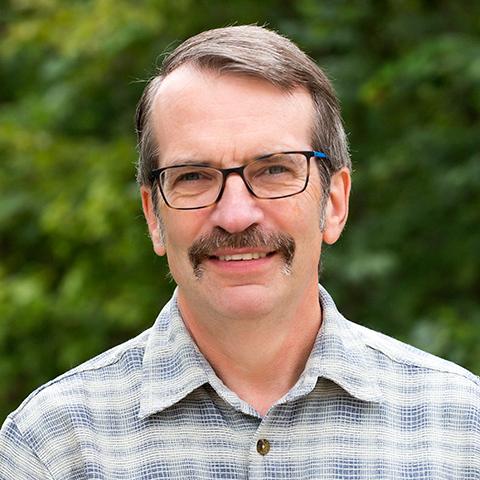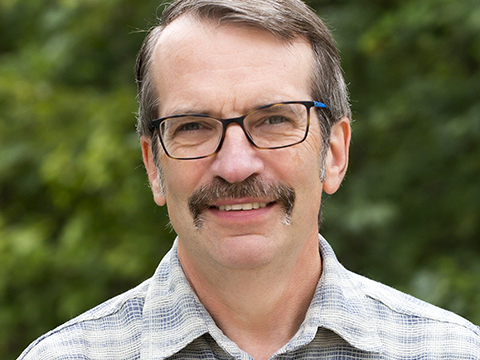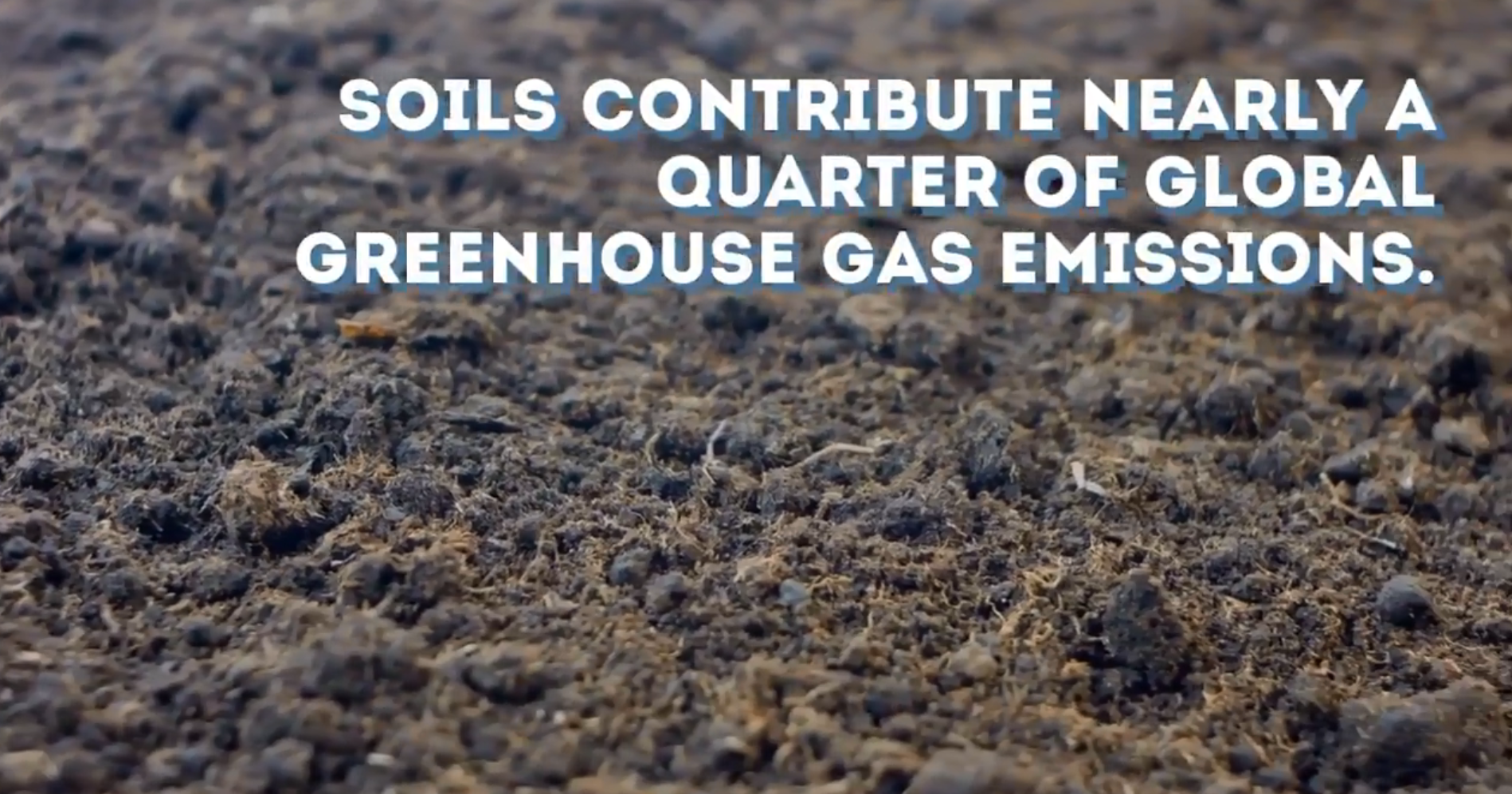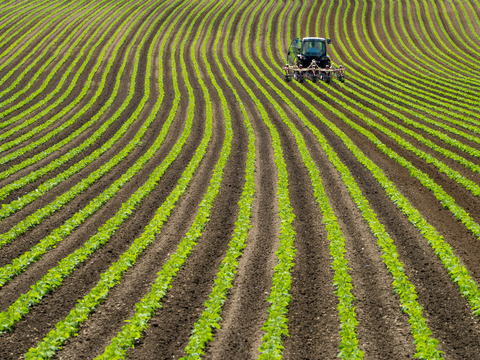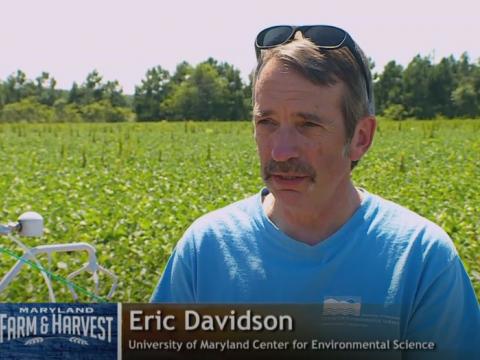Bio
Eric A. Davidson is Professor at the Appalachian Laboratory of the University of Maryland Center for Environmental Science in Frostburg, MD. He served as Director from 2015 to 2021. Previously, he was a Senior Scientist and served a term as President and Executive Director at the Woods Hole Research Center, Woods Hole, MA. His research in biogeochemistry includes the exchange of plant nutrients from the land to streams and groundwater and the exchange of greenhouse gases between the soil and the atmosphere. He works in a variety of ecosystems, including forests and agricultural lands in North and South America. Davidson holds a Ph.D. in forestry from North Carolina State University and held post-doctoral positions in soil microbiology and biogeochemistry at the UC-Berkeley and the NASA Ames Research Center. He is a Fellow of the American Association for the Advancement of Science and he is Fellow and Past-President of the American Geophysical Union (AGU). He is the AGU Ethics Chair and a senior editor of AGU Advances. In addition to his earlier book, You Can’t Eat GNP, which explores the links between economics and ecology for students and laypersons, Davidson has published a new book in 2022, Science for a Green New Deal: Connecting Climate, Economics, and Social Justice. He completed a Jefferson Science Fellowship from the National Academies of Sciences, for which he worked as a science advisor to the Office of Environmental Quality at the U.S. Department of State.
Areas of Expertise
- Science input to environmental policy at the U.S. State Department
- Biogeochemical effects of land-use change and land management
- The global nitrogen cycle, including the global nitrous oxide budget
- Soil microbial processes of nutrient cycling and greenhouse gas fluxes
- Leaching of plant nutrients to streams and groundwater
- Interdisciplinary studies of nitrogen management in agriculture
- Interactions of C, N, P, and other nutrient cycles in terrestrial ecosystems
- Land-water-atmosphere exchanges of greenhouse gases and nutrients
- Temperature sensitivity of soil organic matter decomposition
- Modeling soil microbial processes
Education
- North Carolina State University, 1986, Ph.D., Forestry
- Oberlin College, 1978, B.A., Biology
Recent Publications
- Global Change Biology2024
- Agricultural and Forest Meteorology2023
- Frontiers of Agricultural Science and Engineering2022


